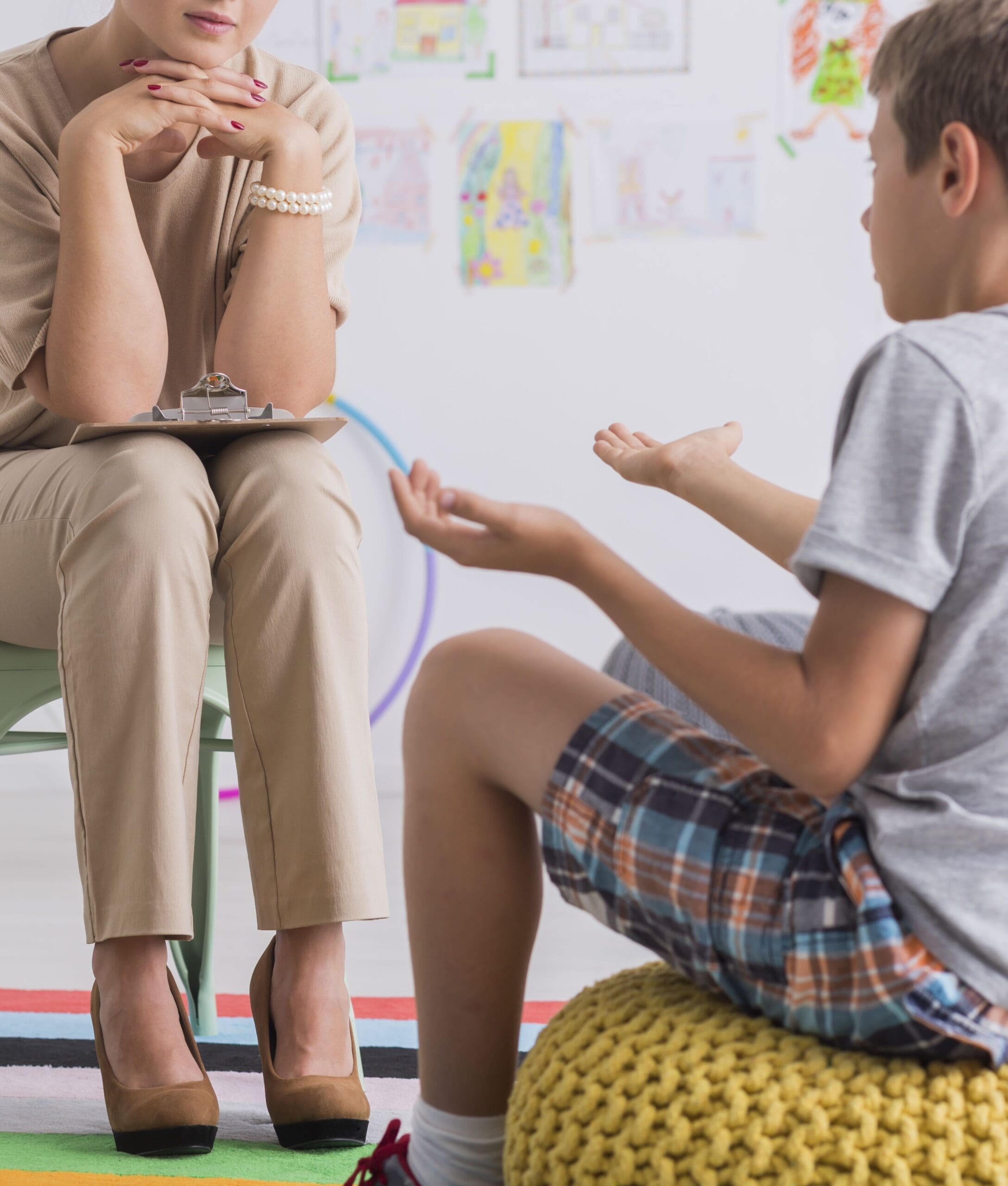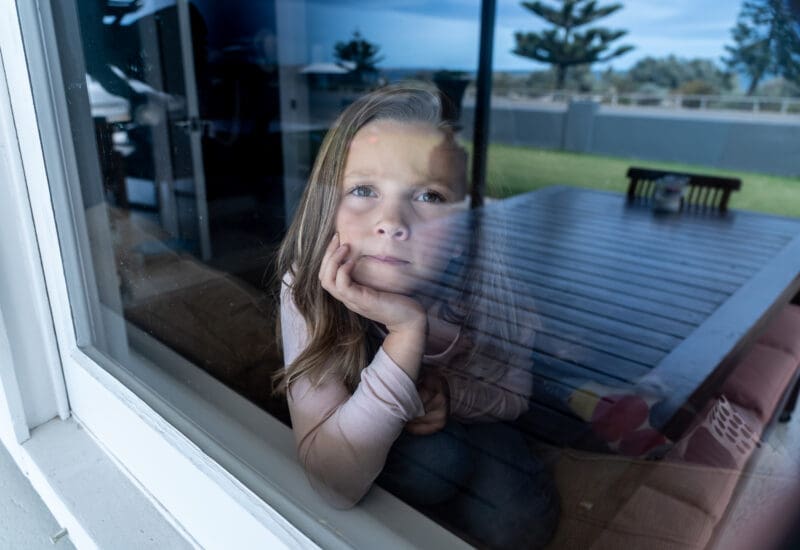What qualifications do I need to be a Child Psychologist?
Everything you need to know about qualifications to become a Child Psychologist
Embarking on the journey to become a child psychologist is an incredibly rewarding path that offers the opportunity to make a profound impact on young lives. As society increasingly recognises the importance of mental health, the role of a child psychologist becomes ever more crucial. By dedicating yourself to this field, you will not only gain deep insights into child development and behaviour but also equip yourself with the skills needed to support children through their most formative years.
The demand for qualified child psychologists continues to rise, driven by an increased awareness of issues such as anxiety, depression, and developmental disorders among children. This career path allows you to work in diverse settings – from schools and hospitals to private practices – providing flexibility and variety in your professional life.
Moreover, becoming a child psychologist means committing to lifelong learning and personal growth. Through advanced education and hands-on experience, you will develop empathy, patience, and problem-solving skills that are invaluable both professionally and personally. If you’re passionate about making a difference in young people’s lives while engaging in a dynamic and fulfilling career, then stepping into the world of child psychology might just be your calling.
In this Child Psychologist qualifications guide
Qualifications to be a Child Psychologist
Choosing to become a child psychologist is a rewarding and impactful career choice, but it requires a specific set of qualifications and skills. Understanding these requirements is crucial for anyone considering this path. First and foremost, aspiring child psychologists must obtain a degree in psychology, which provides foundational knowledge in human behaviour and mental processes. Following this, pursuing postgraduate studies specialising in child psychology or developmental psychology is essential to gain the expertise needed to work effectively with children.
In addition to formal education, gaining practical experience through internships or placements is invaluable. These opportunities allow future psychologists to apply their theoretical knowledge in real-world settings under the supervision of experienced professionals. Furthermore, developing strong communication skills is vital for building rapport with young clients and their families, ensuring that therapy sessions are both effective and supportive.
Finally, obtaining certification or registration with an accredited professional body ensures that practitioners meet industry standards and adhere to ethical guidelines. By meeting these qualifications, individuals can confidently enter the field of child psychology equipped with the tools necessary to make a positive difference in children’s lives.
What qualifications are needed to be a Child Psychologist?
Level 2 Child Psychologist Qualifications
Becoming a child psychologist requires a clear understanding of the qualifications and responsibilities at each professional level. At Level 2, individuals typically begin with foundational training, such as GCSEs or equivalent qualifications in relevant subjects like psychology or social sciences. This stage focuses on building essential knowledge about child development and basic psychological principles. The roles at this level often involve support positions in educational or clinical settings, assisting more experienced professionals while gaining practical experience.
Level 3 Child Psychologist Qualifications
Progressing to Level 3 involves obtaining A-levels or equivalent qualifications, often specialising further in psychology-related courses. At this stage, aspiring child psychologists might pursue diplomas or certificates that deepen their understanding of psychological theories and practices concerning children. Responsibilities here may include conducting preliminary assessments and supporting therapeutic activities under supervision, providing vital assistance to higher-level practitioners.
Level 4 Child Psychologist Qualifications
Level 4 is where individuals typically hold an undergraduate degree in psychology accredited by the British Psychological Society (BPS). This qualification is crucial as it lays the groundwork for more advanced studies and practice. Professionals at this level are equipped with a comprehensive understanding of psychological research methods and child-specific therapeutic techniques. Their roles expand to include conducting independent assessments, developing treatment plans, and working directly with children to address various psychological issues.
Each level builds upon the last, ensuring that by the time one reaches Level 4, they are not only qualified but also well-prepared for the complex responsibilities that come with being a child psychologist. This structured pathway ensures that professionals are thoroughly equipped to make meaningful contributions to children’s mental health care throughout their careers.

Professional bodies for a Child Psychologist
When pursuing a career as a child psychologist, joining professional bodies can significantly enhance your expertise and credibility in the field. One of the foremost organisations to consider is the British Psychological Society (BPS), which offers a wealth of resources, networking opportunities, and professional development events tailored to psychologists at every stage of their careers. Membership in the BPS not only provides access to cutting-edge research and publications but also supports adherence to high professional standards.
Another pivotal organisation is the Association of Child Psychologists in Private Practice (AChiPPP). This body specifically caters to those practising privately, offering guidance on best practices, ethical issues, and business support. Being part of AChiPPP can be particularly beneficial for those looking to establish or expand their own practice.
Additionally, becoming a member of the Health and Care Professions Council (HCPC) is essential for practising legally as a psychologist in the UK. The HCPC ensures that practitioners meet rigorous professional standards for training, skills, behaviour, and health.
Joining these professional bodies not only bolsters your credentials but also keeps you connected with peers who share your passion for improving children’s mental health. By aligning yourself with these respected organisations, you demonstrate commitment to ongoing learning and excellence in child psychology.
Training fees to become a Child Psychologist
When considering a career as a Child Psychologist, understanding the financial investment involved in training is crucial. The journey typically begins with Level 2 courses, which are foundational and can cost anywhere from £300 to £500. These initial courses provide essential knowledge and skills that set the stage for more advanced studies.
Progressing to Level 3, you can expect fees to range between £600 and £1,000. At this stage, the coursework becomes more specialised, offering deeper insights into child psychology theories and practices. This level is vital for developing a comprehensive understanding of the field.
Finally, reaching Level 4 represents a significant step towards professional qualification. Training fees at this level can vary widely but generally fall between £1,200 and £2,500. This advanced training includes practical experience and prepares you for real-world application of your skills as a Child Psychologist.
While these costs may seem substantial initially, it’s important to view them as an investment in your future career. The demand for qualified Child Psychologists continues to grow, making this an opportune time to pursue such qualifications. By carefully planning your educational path and budgeting accordingly, you can successfully navigate these expenses while working towards a rewarding profession dedicated to supporting children’s mental health and development.

Getting experience to be a Child Psychologist
Embarking on the journey to become a child psychologist is both rewarding and challenging, and gaining relevant experience is a crucial step in this process. Whether you’re just starting your academic path or looking to enhance your practical skills, there are several strategies you can employ to build a solid foundation for your future career.
Firstly, consider volunteering at local schools or community centres. These environments provide invaluable opportunities to observe child behaviour in natural settings and understand the dynamics of child development firsthand. Engaging with children directly allows you to apply theoretical knowledge from your studies in real-world scenarios, helping you develop essential skills such as communication, empathy, and problem-solving.
Internships are another excellent avenue for gaining experience. Many organisations offer placements that allow aspiring psychologists to work under the supervision of experienced professionals. This not only enhances your understanding of psychological practices but also provides mentorship opportunities that can guide you through the nuances of working with children.
Additionally, participating in research projects at your university can significantly bolster your experience portfolio. Research allows you to delve deeper into specific areas of interest within child psychology, equipping you with critical analytical skills and an evidence-based approach that is highly valued in clinical settings.
Finally, don’t underestimate the power of networking within professional circles. Joining societies such as the British Psychological Society (BPS) gives you access to resources, workshops, and conferences where you can learn from leading experts in the field.
By actively seeking out these experiences, you’ll not only enhance your CV but also gain a comprehensive understanding of what it takes to make a meaningful impact as a child psychologist.



